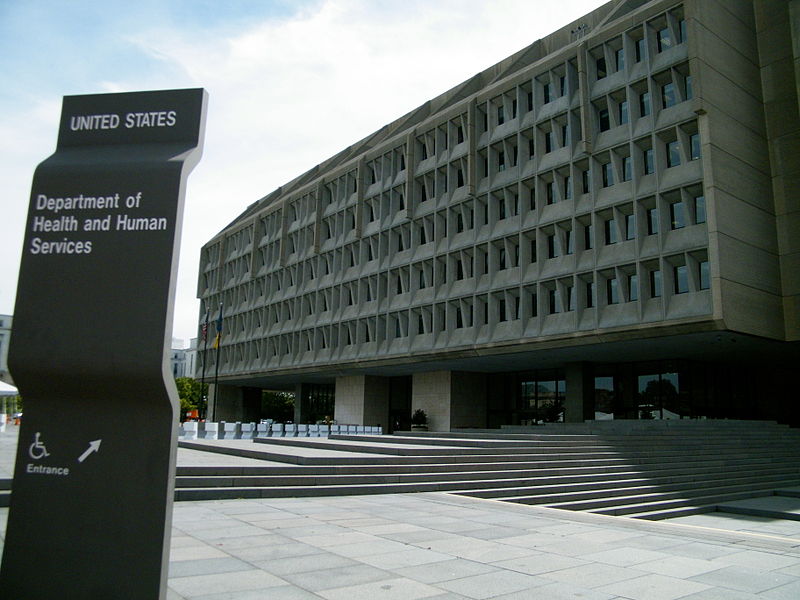Most of the mental health services in this city are privatized — a trend that has been going on for years. Some of the providers are non-profit organizations, but some are for-profit. In recent years, the healthcare industry has become a major force in our city, with all of our city’s politicians desiring their friendship and financial support.
In August of 2009, D.C. Department of Mental Health (now Department of Behavioral Health) fired 300 employees and replaced them with contractors. I was among the employees to be informed that they were going to lose their jobs in order to make way for privatization.
I wanted to stay with the Department of Mental Health. I really liked my job and the people that I worked with. I also believed that we were better able to serve our patients than any privately run organization and had more resources. The D.C. government provided us with vehicles, computers, cell phones and our own office space, but private providers made their staff use their own. The government had sufficient human resources to meet the needs of patients and even gave them free bus tokens. But to private industry, these things would cut into profit margins.
In order to justify privatization, the D.C. government hired an accounting firm called KPMG. The firm’s report recommended privatization on the grounds that it would save money. But union officials found discrepancies in the reports. Part of KPMG’s reports outlined services unique to the Department of Mental Health and verified that the department had the lowest staff turnover rate: 11 percent annually. But the director of the Department of Mental Health insisted on privatization anyway.
One of the dirty secrets that private providers don’t want you to know is their high staff turnover rates, estimated at 40% to 80% annually according to the KPMG report. These high turnover rates are due to low morale in their workplaces. The private sector staff not only get lower pay but also fewer or no benefits. Many are trying to find better jobs with better pay.
KPMG also reported that private providers provide comparable services to those the government provides. But according to the Community Services Review — an annual report monitored by the District Court — the Department of Mental Health has provided the best quality services of any D.C. mental health agency for each of the three years surveyed.
In our efforts to prevent privatization, the union turned to the D.C. Council. We first went to Council Member Harry Thomas. In December of 2008, he presented a bill that was supposed to save our jobs, but modifications made to the bill rendered it useless. According to an account by union officials, Thomas complained that Council Member David Catania pressured him to support privatization.
Council Member Marion Barry also agreed to present a bill to save our jobs but announced that he was withdrawing it in May of 2009, saying it did not have enough votes. However, I think that he should have gone through with it so that we would know which council members were in favor of privatization and which were against it. But I believe Barry withdrew it in order to protect councilmembers who supported privatization but who also wanted union support.
August 1, 2009, was my last day on the job and it was a sad day. One of the D.C. government employees who lost his job committed suicide over the weekend. What makes this bad for the patients is that those who run our mental health system care more about the business people who benefitted from the loss of our jobs than the patients. No one has been addressing this matter.
Valentine Clover is the pseudonym for a mental health professional with an MA in Counseling and professional license to practice counseling in Washington, D.C. who has experienced the mental health system as a D.C. government employee, as a private sector employee and as a patient. Clover wrote the book “Mental Health for Profit: An Expose of Mental Health in Washington, D.C.” and uses a pseudonym to avoid career damage.




